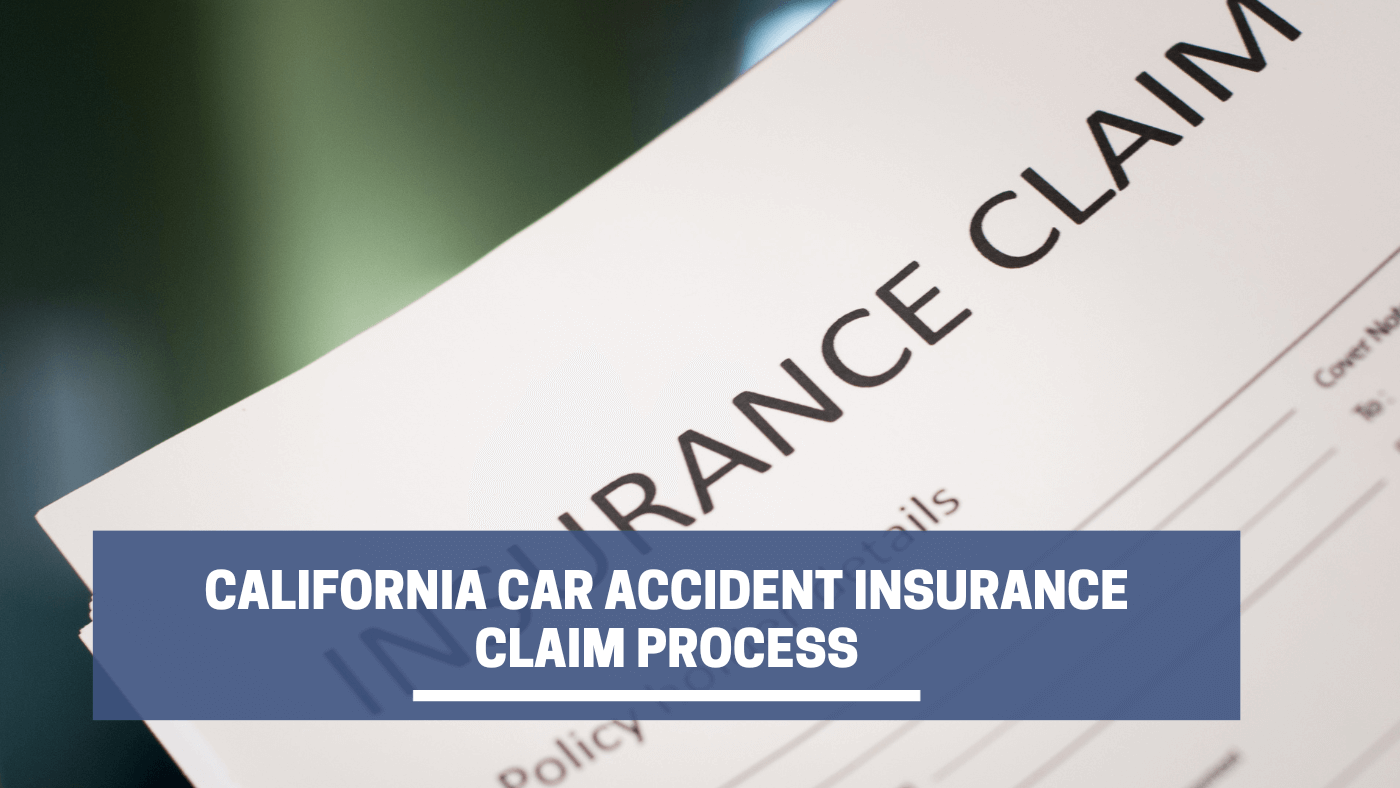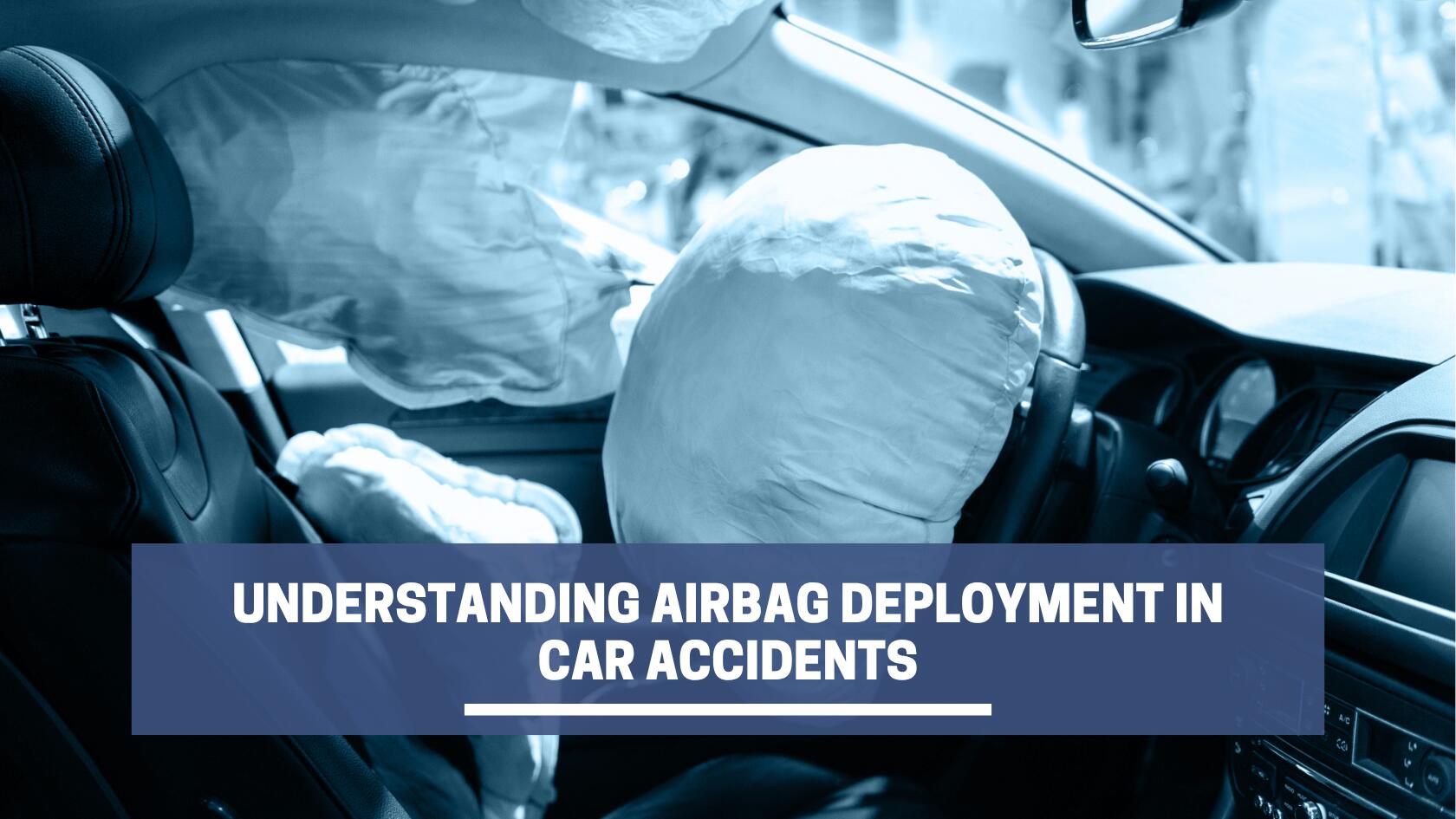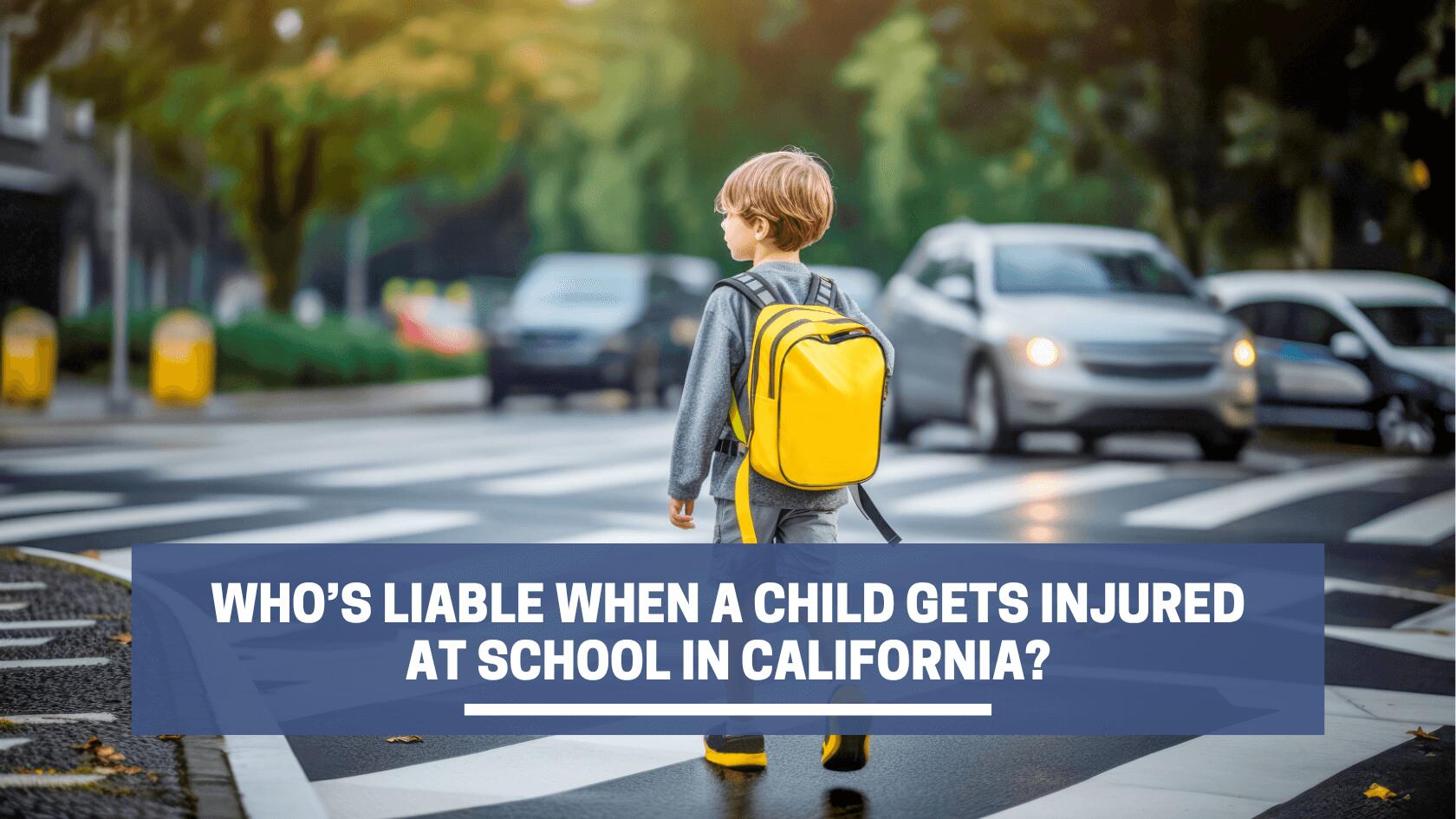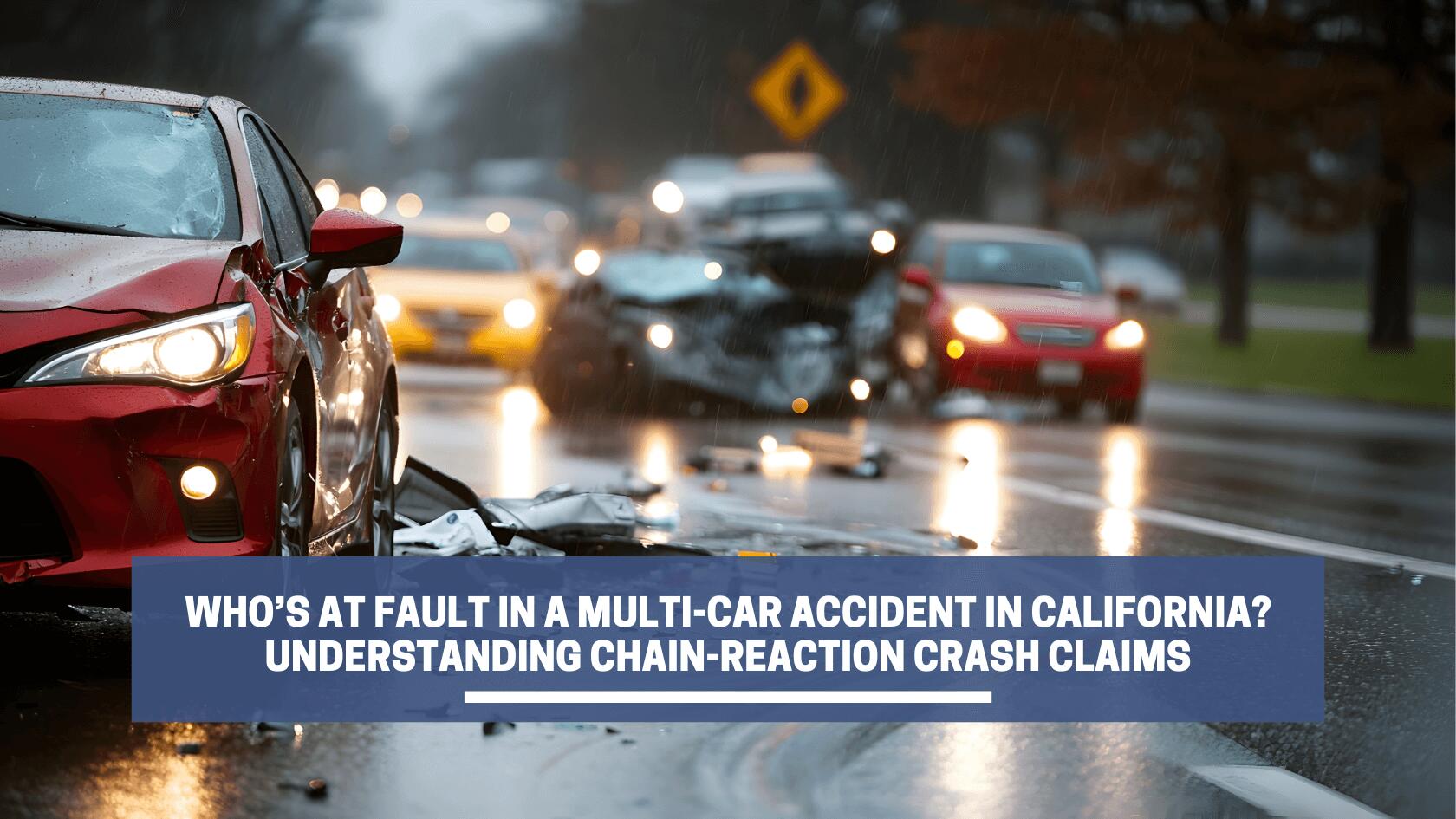Experiencing a car accident in California can be a distressing ordeal, often resulting in substantial medical expenses and lost income due to taking time off work. To help you recoup these losses, you can file an insurance claim for compensation from the at-fault party who caused the crash.
Understanding the insurance claims process is key to safeguarding your health and rights while maximizing your settlement. Here’s an overview of how claims work in California and the steps to follow after a collision.
Call 911 and Seek Medical Attention
Following a car accident, your first concern should be your safety and health. The California Department of Insurance advises that you call 911 to report the accident and seek medical care immediately. These actions document your injuries and the details of the crash, which are essential for protecting your legal rights in an insurance claim.
Immediately after the incident, do the following:
- Check for injuries and call 911. Call 911 to request medical assistance after the crash. This ensures professional medical assessment and prompt treatment for any injuries. It also alerts police to the incident, allowing them to attend and document the scene. The official police report can corroborate your account of the events, supporting your claim.
- Get medical attention. Seek medical care, even if you don’t think you’re injured. Your doctor can check for hidden injuries like internal bleeding or head trauma, which may not show symptoms immediately. This provides documentation of your damages and connects them to the accident, which you’ll need for your insurance claim.
Reporting the Accident
After receiving medical care, you must report the accident to the DMV and police. California Vehicle Code (CVC) requires the following:
- Reporting to the DMV. If you were a driver in an accident resulting in $1,000 or more in property damage, an injury, or death, CVC 16000 states you have 10 days to report the accident to the California Department of Motor Vehicles (DMV). You can do so by visiting your local CA DMV or the CA DMV Virtual Office and filing a Form SR-1.
Reporting to police: Under CVC 20008, any vehicle driver involved in an accident causing an injury or death must report the accident to the California Highway Patrol or the local police department within 24 hours.
If the police arrive at the accident scene, they will file a report of the incident. You may request a copy of the report in person or by mail for your insurance claim.
Contacting Insurers
Once you have reported the accident to the relevant authorities, you can initiate the insurance claim. This process includes:
- Contact your own insurance. Call your insurance provider first. They will guide you through their claims process and, if applicable, recover some compensation for your damages and injuries through applicable policies, like collision, comprehensive, or uninsured motorists coverage.
- Contacting the other party’s insurance. If another driver caused the crash, work with your attorney to contact their insurance provider to initiate the settlement process. Provide as much evidence as possible to support your case, such as the police report, witness details, medical records, and footage of the scene at the time of the crash.
If the other party did not own the vehicle they were driving, you may be able to file a claim against the vehicle owner. Your attorney can help you determine which parties are liable and negotiate with the insurers on your behalf. - Dealing with uninsured drivers. Up to 16.6% of California motorists lack mandatory auto insurance. If you are in an accident where the at-fault driver is under or uninsured, check with your insurance provider about your uninsured/underinsured Motorist (UM/UIM) coverage. This coverage assists in covering medical bills, vehicle repairs, and lost wages, so you don’t incur these expenses yourself.
The Investigation Process
Insurance claims follow a standard process in California, including the initial filing, an investigation, and a resolution – which could include denial or a settlement offer. Here’s what to expect during this stage of your claim:
- Initial filing. File a report with the insurance company with as many details as possible about the accident. You may need to provide the location and time of the accident, the list of involved parties, your version of events, all injuries and damages suffered, and supporting evidence.
- Adjuster assignment. The insurance company assigns an adjuster to your case. Their role is to evaluate your claim, assess all damages, and determine the extent of your insurance company’s liability. According to the California Fair Claims Settlement Practices Regulations, adjusters have 15 days to contact you after the initial filing.
- Adjuster investigation. The adjuster conducts an assessment and collects all relevant information and records on the accident. This can include inspecting your car, assessing the cost of repairs, reviewing your medical records and bills, and requesting an independent medical examination.
- Fault determination. After completing the investigation, your assigned adjuster may deny the claim or make a settlement offer to compensate you for car repairs, medical expenses, and other damages based on their findings. The amount may depend on the policy’s limits and the degree of fault assigned to you and the other driver.
- Negotiation and resolution. Once you have received the settlement offer, you may accept it as offered, negotiate for a higher value, or reject it. You may also contact a car attorney to negotiate or litigate on your behalf.
A straightforward insurance claim typically takes a few weeks to a month to investigate and resolve. Complications, such as severe injuries, extensive vehicle damage, fault disputes, and long negotiation periods, can increase the length of the process to several months or more.
Receiving Payment
If you and your adjuster agree on a settlement amount, your insurance company will require you to sign a release form before issuing payment and closing your claim. Section 2695.7(h) of the California Code of Regulations requires insurers to issue payment no more than 30 days after accepting the claim. Some insurance policies may include a waiting period that can extend this duration.
Possible payment methods include:
- Direct payment via check or electronic deposit
- Payment to your service providers (medical providers, car repair shops)
- If your vehicle has a lien, such as a loan, the insurer may issue a payment to the lienholders
If your insurer denies your claim, you may still be able to recover compensation. An experienced attorney can review your case and help you determine whether the denial decision was unjust. They can advise you and provide additional legal options, such as filing a lawsuit to seek damages in a court award.
Protect Your Rights During the Insurance Claims Process
Understanding the complexities of the insurance claim process after a car accident is critical to protecting your rights and securing the best possible compensation. Obtaining as much evidence as possible, submitting accurate information, filing quickly, and working with a skilled attorney can maximize your chances of winning fair compensation.
FAQs:
What is the deadline for filing an insurance claim after a car accident in California?
In California, the time frame to file a car accident insurance claim varies depending on the type of claim. Generally, you should file as soon as possible, but for injury claims, you typically have two years from the date of the accident, and for property damage, you usually have three years.
What is the time frame for an insurance company to investigate a car accident claim in California?
The California Code of Regulations requires insurance companies to acknowledge your claim within 15 days. After accepting a claim, they have 40 days to complete an investigation. If an insurer requires more time to investigate, they must notify you in writing, detailing the reasons for the extension.
What is the deadline for reporting a car accident to your insurance company in California?
Report a car accident to your insurance company as soon as possible, preferably within 24 hours or, at most, a few days after the accident. However, specific deadlines can vary based on the terms of your insurance policy. Failure to report promptly could affect your claim.











